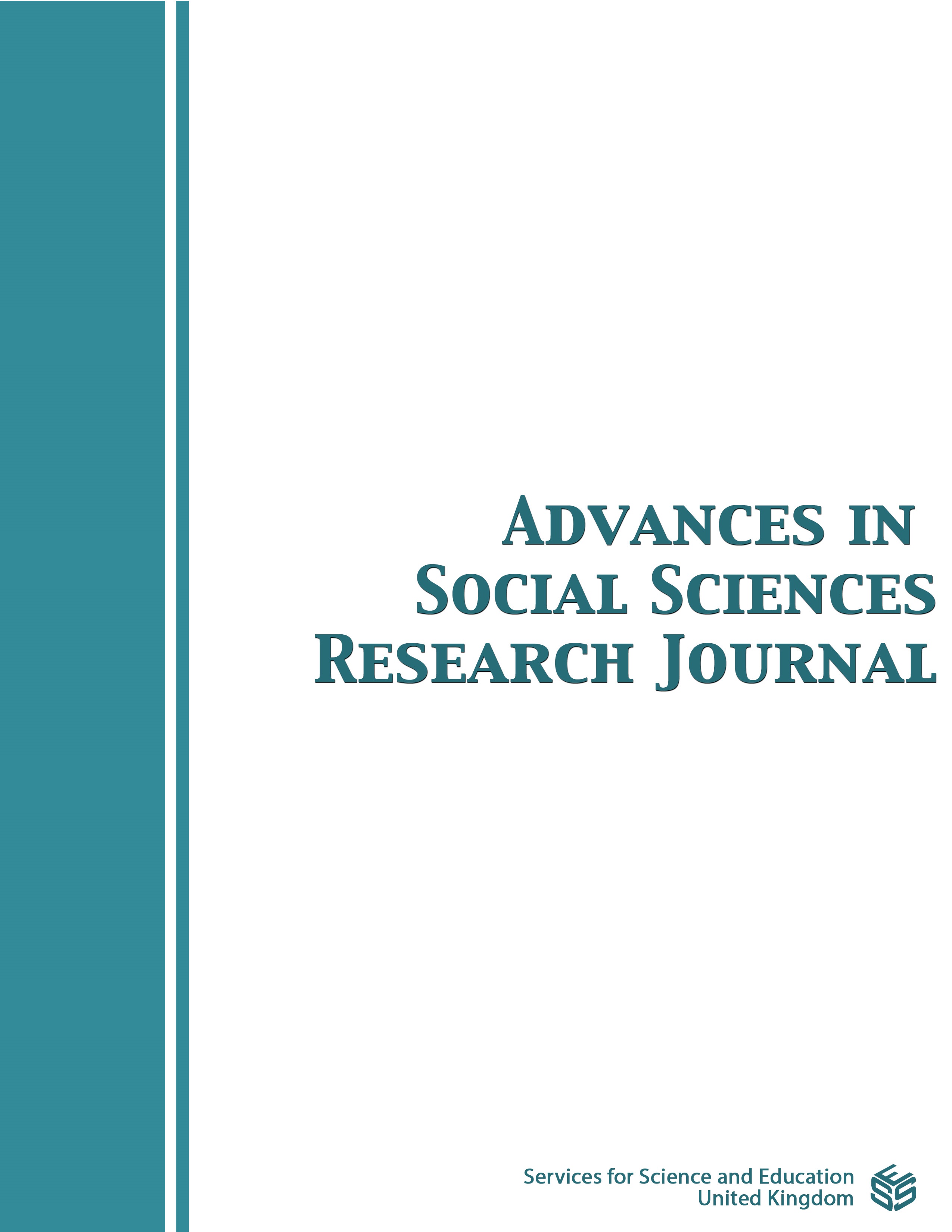A Conceptual Analysis of Green Human Resource Management, Green Organizational Culture, and Employee Green Behavior towards Environmental Performance
DOI:
https://doi.org/10.14738/assrj.112.2.16433Keywords:
Green Human Resource Management, Environmental Performance, Green Organizational Culture, Employee Green BehaviourAbstract
This research addresses a critical gap in the existing literature on green human resource management (GHRM) practices and their influence on a firm's environmental performance. While scholars have demonstrated the positive correlation between GHRM practices and environmental outcomes, there remains a dearth of studies explicating the mediating roles played by green organizational culture and employee green behavior in this relationship. By proposing a comprehensive conceptualization of environmental performance, this study aims to unravel the intricate mechanisms through which GHRM practices exert their impact. The framework introduced not only bridges the existing gap in GHRM literature but also serves as a foundation for understanding the interconnected dynamics between GHRM, green organizational culture, employee behavior, and environmental performance. This conceptual research offers valuable insights that extend beyond theoretical considerations, providing practical implications for fostering sustainable practices, particularly in the context of emerging economies. It aligns economic goals with environmental objectives, thereby contributing to a holistic understanding of the interplay between human resource practices and environmental sustainability.
Downloads
Published
How to Cite
Issue
Section
License
Copyright (c) 2024 Sofina Tri Annisa, Ramita Abdul Rahim, Sazimah Mohamed Salleh, Noor Zalina Zainal, Nor Afni Md Sari

This work is licensed under a Creative Commons Attribution 4.0 International License.
Authors wishing to include figures, tables, or text passages that have already been published elsewhere are required to obtain permission from the copyright owner(s) for both the print and online format and to include evidence that such permission has been granted when submitting their papers. Any material received without such evidence will be assumed to originate from the authors.






